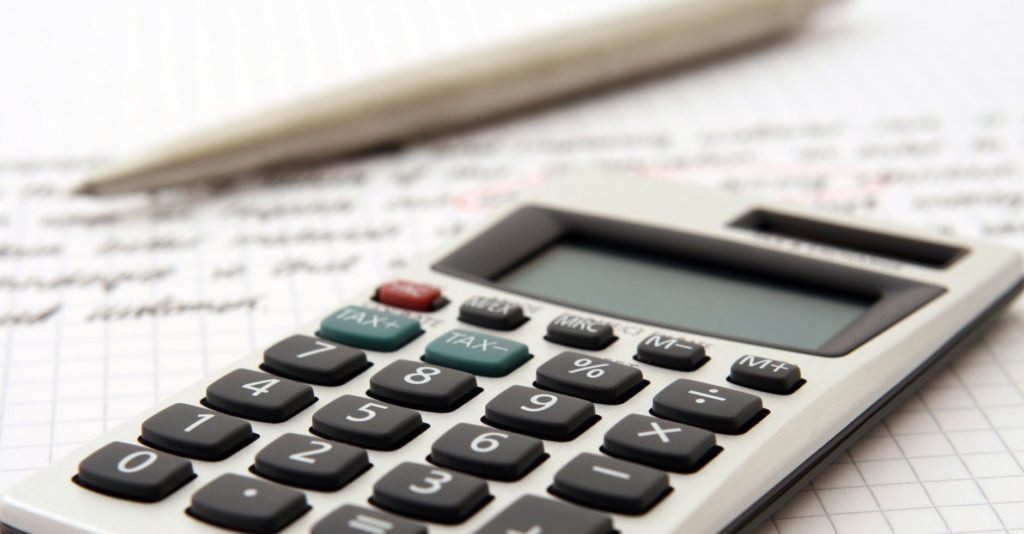Being smart about your commercial lease can save a lot of headaches and money later, and open up easy-to-miss opportunities. We recommend an easy, four-part strategy:
Track Important Lease Dates
Many people make the mistake of assuming the only dates that matter in a commercial real estate lease are the start and end date. However, dates in a commercial lease can actually be quite complicated. Part one of a smart leasing strategy is creating a basic spreadsheet in a safe, cloud-based location to track important dates and adding reminders to your calendar. These are some of the important dates to add to your sheet and calendar:
Lease Commencement
Does your lease start when you move in, when you start paying rent, when improvements begin or are completed, or when the certificate of occupancy is issued? The answer can be different depending on the lease. The lease commencement date is when possession is passed from the landlord to the tenant, and it’s usually this date that’s used to determine the date the lease ends (not necessarily the rent commencement date or move-in date.) Being aware of the specific lease commencement date can prevent being caught off-guard as the end of your lease approaches.
Renewal Notice
This is the single most important date to be aware of with regard to your lease. Your lease may require you to give written notice to the landlord that you intend to renew within a specific period of time, usually 6 months to a full year before the lease expires. Starting negotiations well in advance gives you a strong advantage in getting the best terms.
Lease Expiration
The end or termination date is usually clearly marked in a lease, but other dates may have influence. Noting the specific expiration date–and any other factors that influence it–is essential.
Rent Due Date(s)
When is the rent due, and when is it considered late?
Rent Increases
If your lease includes scheduled rent increases, you’ll want to be prepared.
Right of First Refusal / Option to Expand
If your lease includes the right of first refusal (ROFR) and/or option to expand, you have the contractual right to these transactions before the landlord offers them to someone else. Options are extremely valuable, especially if you’ve chosen a property where rents have increased. But these important rights may expire at a certain point.
Termination Option
The termination option is a kind of “undo button.” While rare, it’s important to be aware of this date if termination is an option.
Notice Dates
Your lease may identify a certain number of days for notices (for example,non-renewal or vacating.) Missing an important notice date can be costly.
Other
Option dates, common area maintenance (CAM) reconciliation dates, anniversary dates for escalations, late fees…these are all important to understand, track, and monitor.
Understand and Record Expenses
Having a firm understanding of what you are and aren’t responsible for paying is key to keeping your costs down. Your lease may include cap and floor terms, limiting changes to fixed values on a year-over-year basis. Some things can be charged through OPEX (operating expense, operating expenditure, operational expense, operational expenditure.)
Your lease will outline:
- Which expenses can be included and which can’t
- Which expenses can be capped
- How much capped expenses may increase
Part two of a smart leasing strategy is tracking expenses with lease-related notes makes lining everything up with your reconciliation statement at year-end easy.
Strategize Repairs
Repairs are inevitable, but who’s responsible for paying? Your lease outlines what you need to take care of yourself and when the landlord needs to step up. Part three of a smart leasing strategy is creating a “ repair cheat sheet” you can quickly reference. This list will save you tons of time through the life of your lease, and should include:
Responsibility
What repairs and maintenance you are responsible for and what the landlord is responsible for
Access Rights
When the landlord may access the property and how much notice they must provide (can the landlord demand same-day access?)
Contact Information
How to contact the landlord for both regular and emergency repairs
Property Info
Square footage, layout, and other information that may be needed
Insurance
Essential information about your insurance: carrier name, insurance amounts, types of policies
Annual Checklist
Part four of a smart lease strategy is to create an annual checklist with the following questions:
- Do my expenses look correct? (Part two of your strategy should give you confidence in this answer.)
- Are there any property management concerns I need to raise with my landlord this year?
- Do I need to conduct an in-depth review of my lease? (This isn’t often necessary, but you may wish to review some sections.)
- Does my date-tracking spreadsheet need updating?
- Are my calendar reminders for critical dates current?
Leased Spaces vs. Owned Space
There are big differences between leasing a space and owning a space, but there’s a lot of overlap, too. This strategy can easily be adapted to a space you’re buying!
The Bottom Line
Commercial leases can be complicated, but they don’t have to be overwhelming. PRG is here to help. If your lease expires or you have a renewal option in the next 12-36 months, contact us right away. It’s our job to help you make the best possible choices when it comes to your lease.



